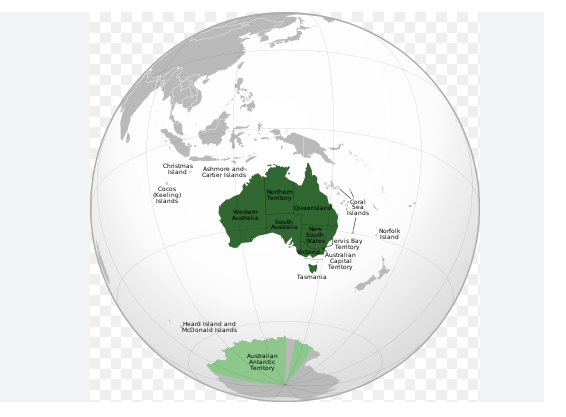Australia, known for its stunning landscapes and unique biodiversity, faces significant environmental challenges in the 21st century. From the threats of climate change to habitat destruction and species loss, the need for environmental awareness and action has never been more pressing. In this context, environmental education emerges as a crucial tool in nurturing a generation of environmentally responsible citizens.
Understanding Environmental Education
Environmental education goes beyond traditional academic subjects, aiming to instill knowledge, values, and skills necessary for addressing environmental challenges. It encompasses a multidisciplinary approach, drawing from fields such as ecology, conservation science, sociology, and economics. By integrating environmental concepts into educational curricula, students develop a holistic understanding of the interconnections between humans and the natural world.
The Australian Context
Australia’s unique ecosystems, including the Great Barrier Reef, the Outback, and diverse rainforests, make it an ideal setting for environmental education initiatives. Recognizing the importance of environmental stewardship, Australian schools and educational institutions have increasingly integrated environmental education into their programs.
Benefits of Environmental Education
- Fostering Environmental Awareness: Environmental education cultivates an appreciation for nature and biodiversity, inspiring individuals to become advocates for conservation.
- Empowering Active Citizenship: By equipping students with knowledge and critical thinking skills, environmental education empowers them to engage in environmental decision-making and advocacy.
- Promoting Sustainable Practices: Education plays a vital role in promoting sustainable behaviors, such as waste reduction, energy conservation, and sustainable resource management.
- Connecting with Indigenous Knowledge: Environmental education in Australia often incorporates Indigenous perspectives, honoring the deep connection between Indigenous cultures and the land.
Key Initiatives and Programs
Australia boasts a range of environmental education initiatives tailored to different age groups and educational settings:
- Cool Australia: An online platform offering curriculum-aligned resources and professional development for teachers, focusing on sustainability and environmental education.
- Greening Australia: This organization works with schools to create outdoor learning environments, fostering connections with nature and promoting biodiversity conservation.
- CERES (Centre for Education and Research in Environmental Strategies): Located in Melbourne, CERES offers hands-on environmental education programs for students and professional development for educators.
- Eco-Schools: An international program active in Australia, Eco-Schools empowers students to drive sustainable practices within their schools and communities.
Challenges and Opportunities
While environmental education in Australia has made significant strides, challenges remain. These include limited funding for environmental programs, the need for ongoing teacher training, and the integration of Indigenous perspectives into mainstream curricula. However, these challenges also present opportunities for collaboration between government, educators, NGOs, and Indigenous communities to enhance environmental education efforts.
Looking to the Future
As Australia navigates the complex environmental issues of the 21st century, the role of environmental education becomes increasingly vital. By investing in comprehensive and inclusive environmental education programs, Australia can cultivate a generation of environmentally literate citizens equipped to tackle the challenges of tomorrow.
In conclusion, environmental education serves as a cornerstone of Australia’s efforts to foster sustainability, conservation, and environmental stewardship. By nurturing a deep connection with the natural world and empowering individuals to take action, environmental education paves the way for a brighter, more sustainable future for Australia and the planet as a whole.






